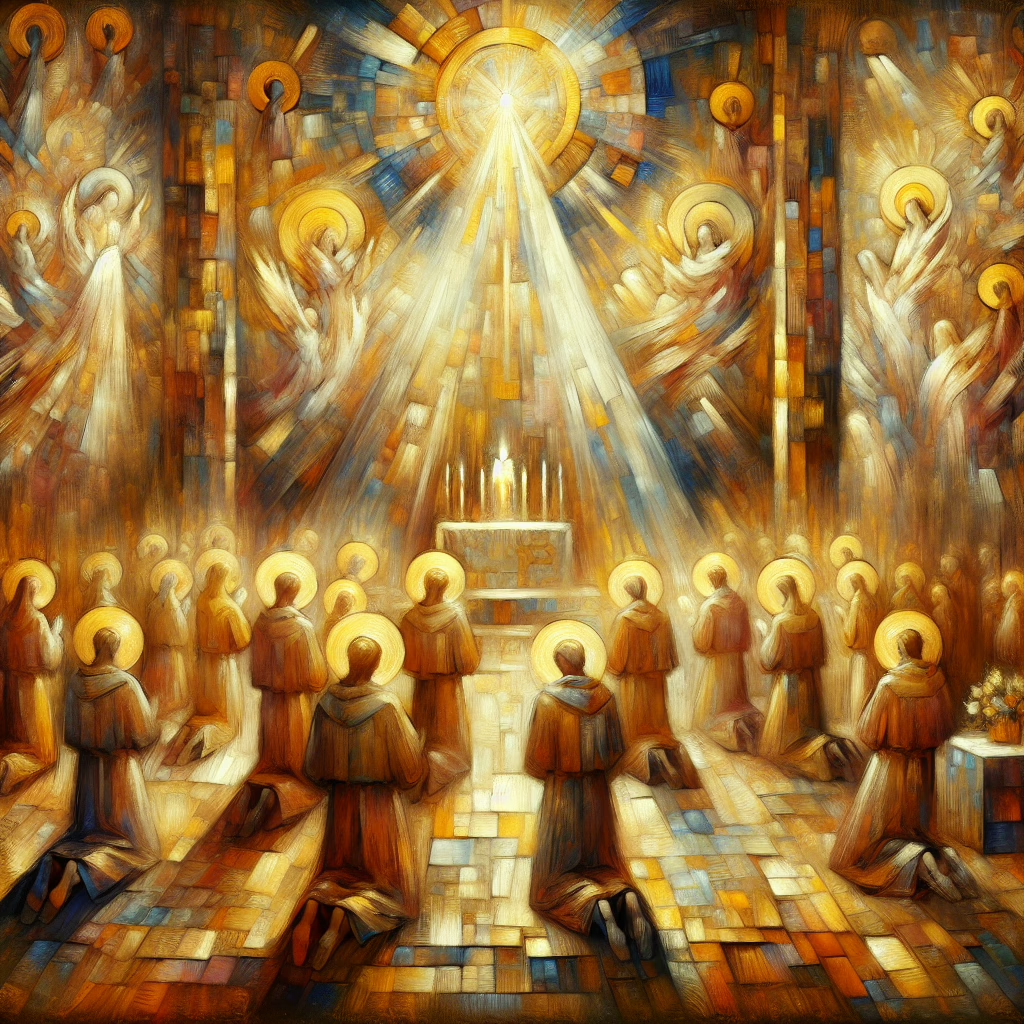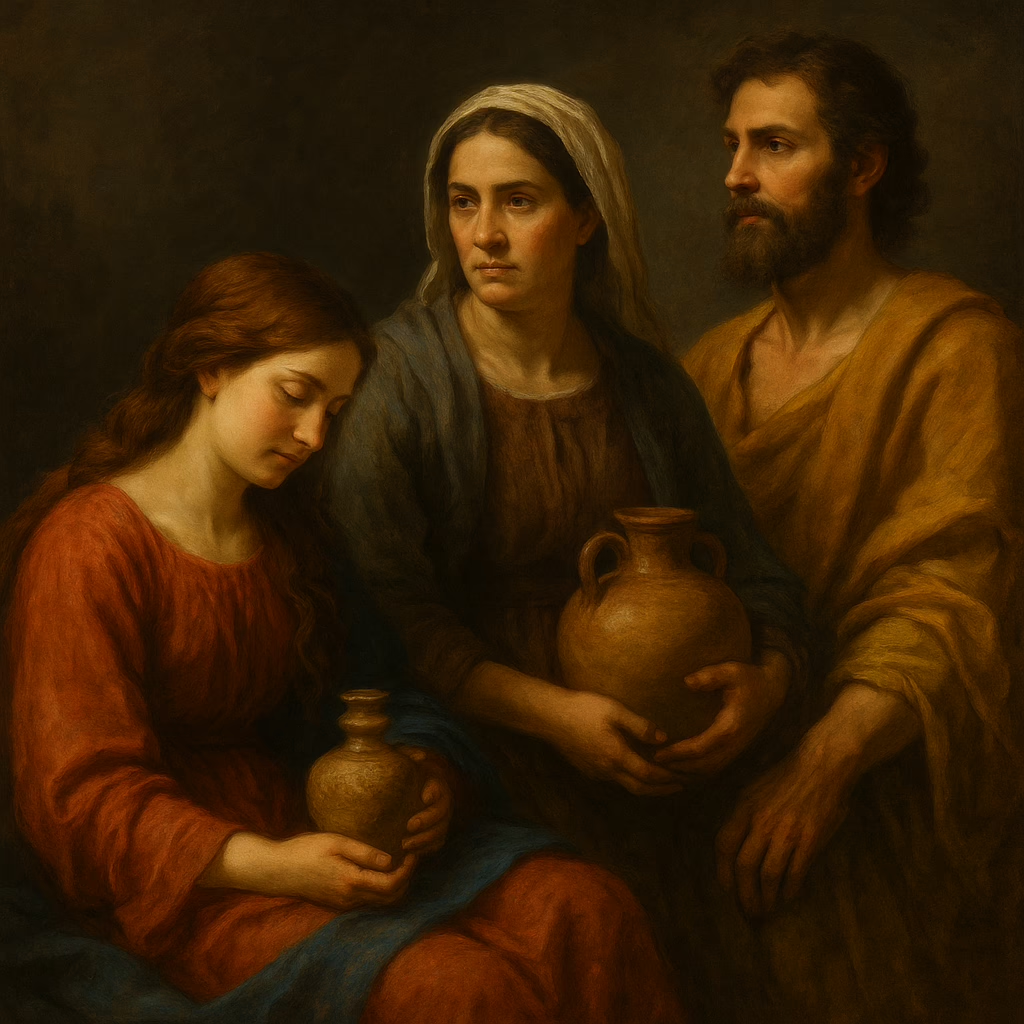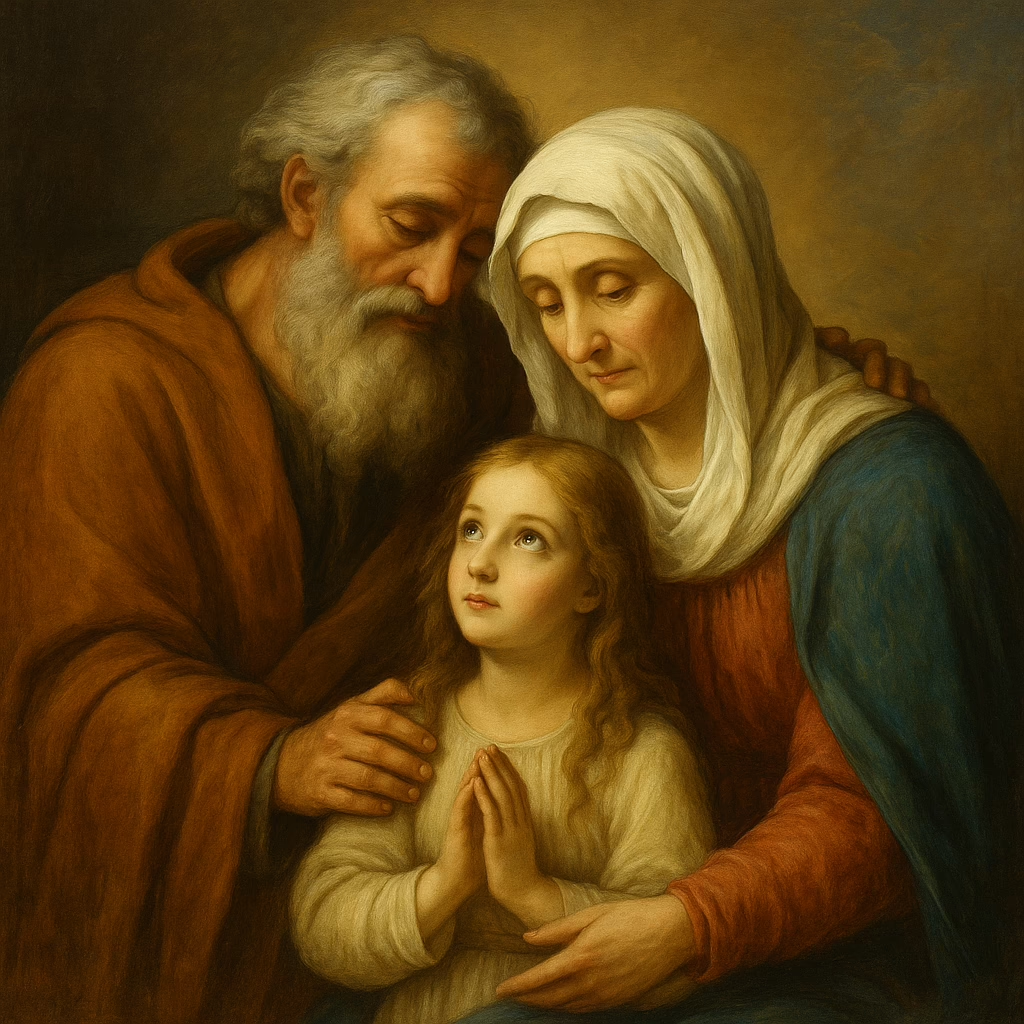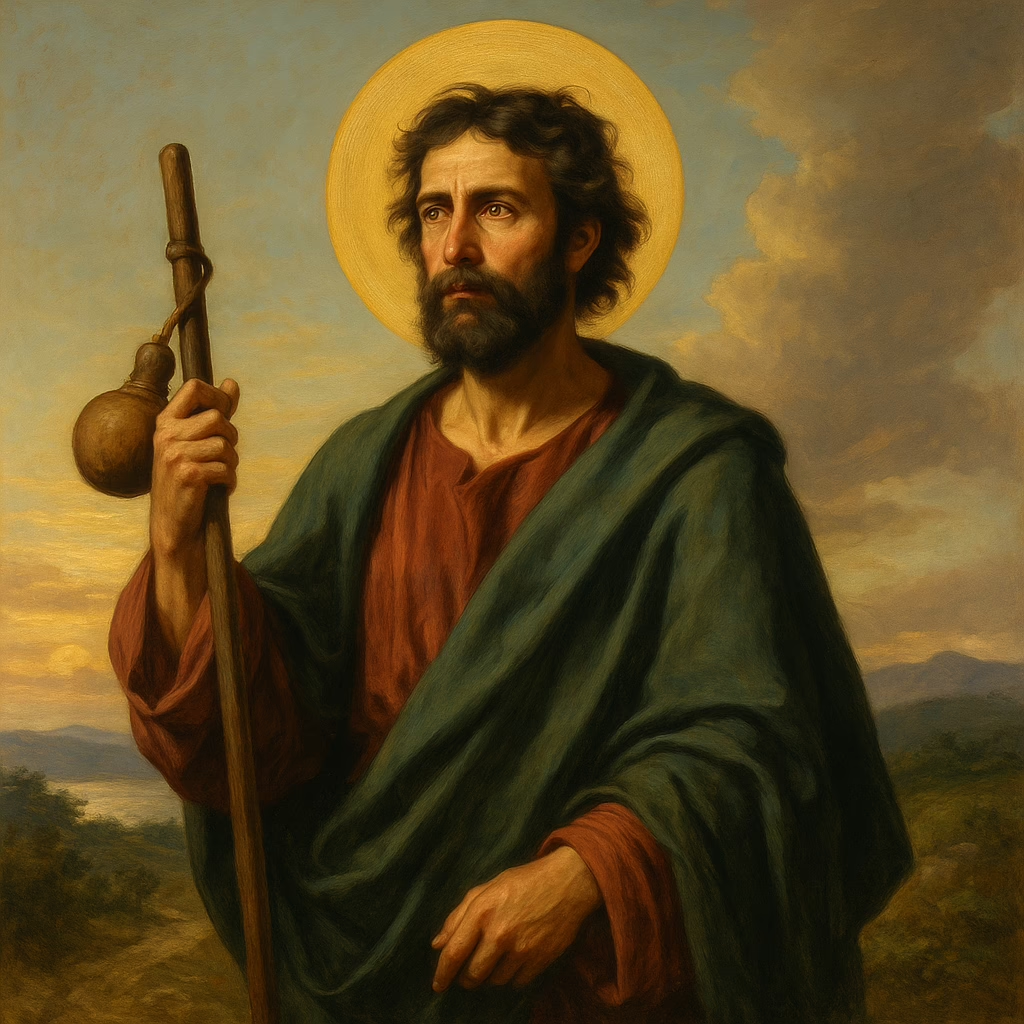Examining the Necessity of Miracles for Sainthood: A Catholic Response to Protestant Objections
Introduction: Miracles and Sainthood
The role of miracles in the canonization process has long been a point of contention between Catholics and Protestants. As we delve into this fascinating discourse, we will explore how miracles are seen as a testament to sainthood in the Catholic tradition, contrasting this with Protestant objections that view miracles as unverifiable and unnecessary for holiness. This blog post aims to unravel these contrasting views, offering insights into Catholic doctrine and responding to Protestant objections with reason and faith.
Objection: Miracles Are Unverifiable and Non-Essential for Sainthood
Protestant Perspective
-
Historical Skepticism of Miracles: Protestants often view miracles with skepticism, particularly in the context of sainthood, arguing that human fallibility undermines their verifiability. The canonization process relying on such events is seen as flawed.
-
Faith and Grace Over Miracles: According to Protestant theology, holiness stems from faith and grace rather than miracles. The focus is on a direct relationship with God, as evidenced in Ephesians 2:8, emphasizing salvation through faith.
-
Christ-Centered Salvation: Concerns arise over the potential for saints and miracles to divert focus away from Christ, who is central to salvation. Protestants assert that the emphasis should remain solely on Jesus as the mediator between God and man.
Catholic Response
-
Theological Reasoning: Catholics understand miracles as divine endorsements, affirming a person's holiness. St. Thomas Aquinas argued that miracles serve to confirm sanctity by showcasing God's intervention in the world.
-
Scriptural Support: The Bible often presents miracles as signs of God's power and validation of divine favor. In Acts 2:22, Jesus’ miracles are cited as evidence of His divine mission.
-
Church Teachings: The Catholic Church has always viewed miracles as essential in recognizing sainthood. Through rigorous investigation, miracles attest to a person's union with Christ, exemplifying their role in the Communion of Saints.
Supporting Evidence
"Miracles are wrought by some divine power, and that they are the attestations of Divine actings, which reason cannot gainsay."
— St. Augustine, On the Trinity
- Biblical passages, such as John 14:12, express that followers of Christ may perform miracles, suggesting that divine acts can manifest through individuals of great faith.
- Historical continuity in the Church demonstrates a structured approach to verifying miracles since the earliest days of Christianity, supporting the integrity of this tradition.
Protestant Emphasis on Direct Relationship with God
Objection
-
Focus on Christ: Protestants argue that the emphasis on saints and miracles might detract from a direct focus on Christ, which should remain paramount in a believer's life.
-
Scriptural References: The New Testament refers to all believers as saints (1 Corinthians 1:2), suggesting that sainthood is a collective attribute rather than a special designation for a chosen few post-biblical figures.
Catholic Response
-
Path to Christ: In Catholicism, saints and miracles are not ends in themselves but lead believers closer to Christ. They serve as models of holiness and intercessors who guide us toward a deeper relationship with God.
-
Communion of Saints: The Church teaches that saints represent exemplary faith and service, inspiring the living community. This is deeply rooted in Hebrews 12:1, where the faithful are encouraged by the 'great cloud of witnesses' who have gone before them.
Supporting Evidence
- Saints like St. Teresa of Ávila or St. Francis of Assisi are revered as intercessors and role models whose lives illuminate paths to piety and devotion.
- Biblical justification for recognizing saints is found in passages like Revelation 5:8, which depicts saints offering prayers to God, underscoring their significant role in the spiritual communion.
Conclusion: The Significance of Miracles in Christian Discourse
In summary, the debate over the necessity of miracles for sainthood is as much about theology as it is about understanding the broader implications of faith traditions. Protestant objections underscore concerns about authenticity and Christ-centered faith, while Catholics view miracles as divine confirmations of holiness. This discourse highlights a rich tapestry of theological thought, inviting Christians to delve deeper into the teachings of the Church, the lives of the saints, and the miraculous signs that point to divine grace.
For those eager to explore the richness of Catholic doctrine further, consider delving into the Catechism or engaging with the writings of the Church Fathers. Embrace the journey of faith with open hearts and minds, discovering how the miraculous may lead us to greater union with God.






Leave a Reply